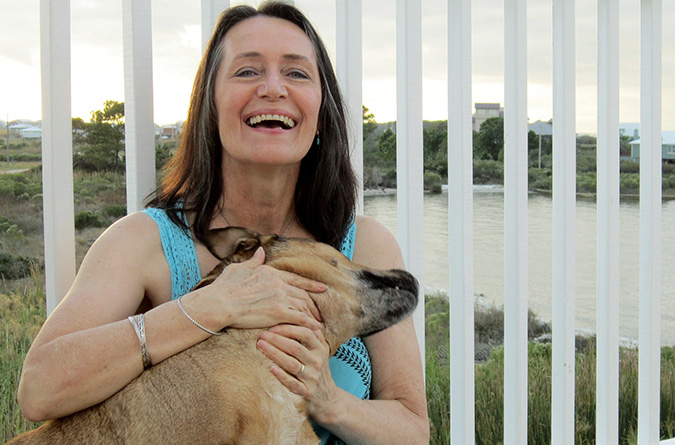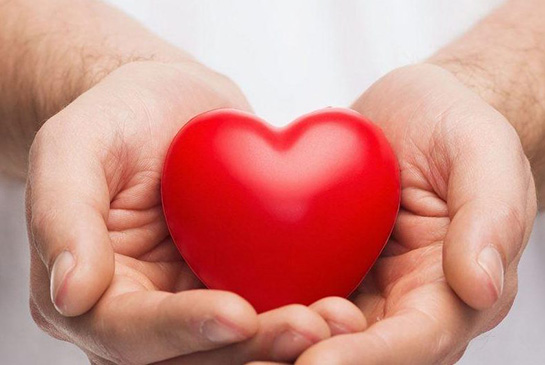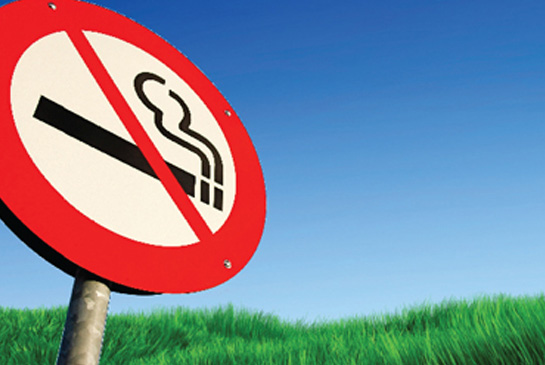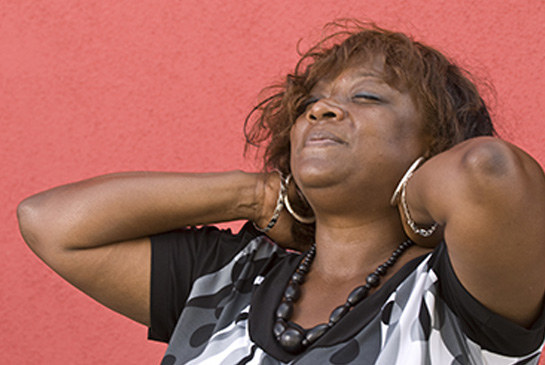From managing a chronic condition to implementing a lifestyle change or quitting tobacco, we have a class or series designed for you. We also offer additional support for our patients to connect and coordinate healthcare services.
Achieve your healthcare goals


Introducing our newest class:
Caring for your kidneys
A two-part class to help you prevent and manage chronic kidney disease (CKD). This class reviews causes, risk factors, lifestyle strategies and nutrition.






